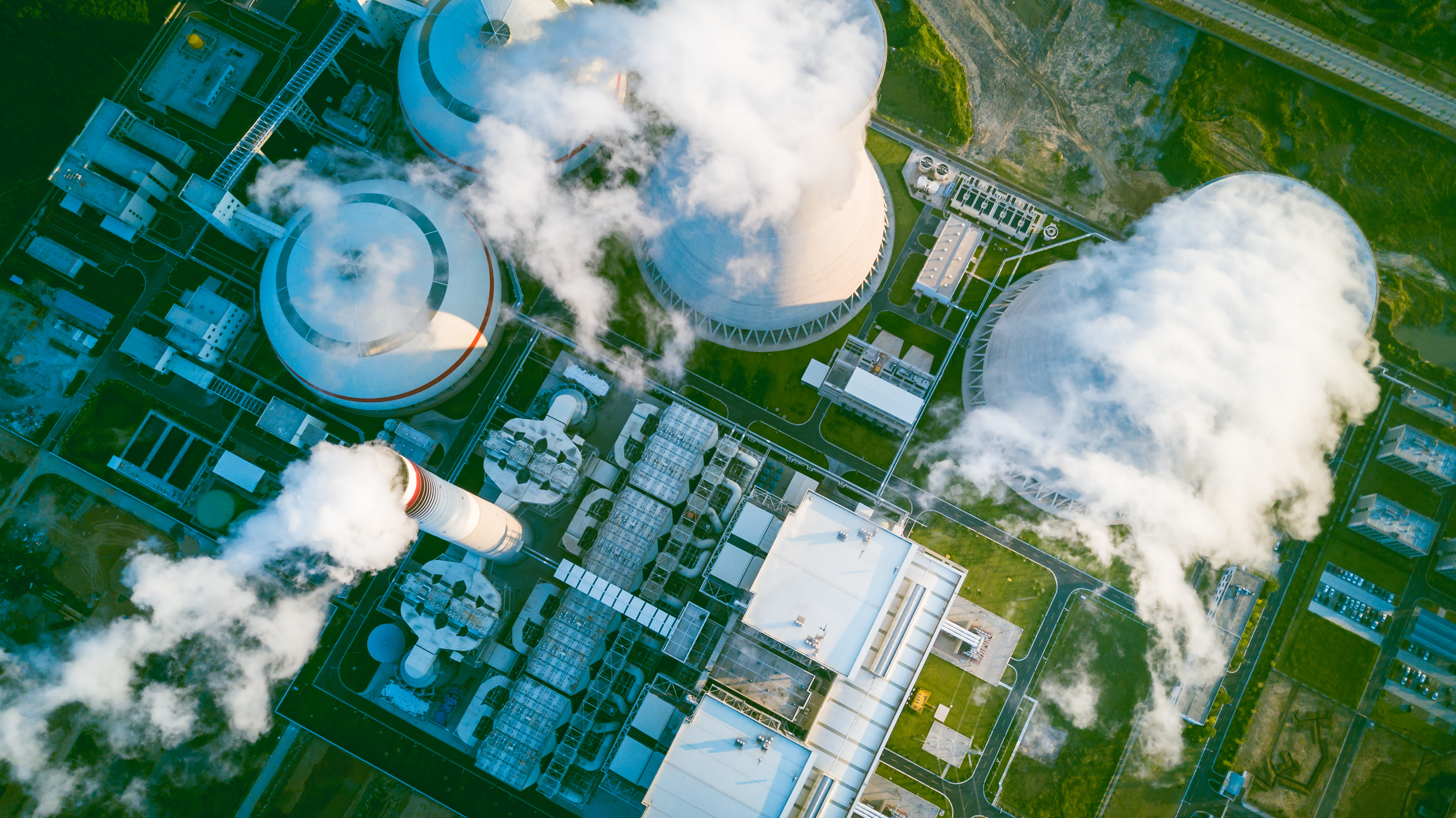World News02.03.2023
EU carbon emissions-based tariffs seen encouraging greener practices

QAZAQ GREEN. An upcoming European Union (EU) tariff scheme that rewards low-carbon practices could encourage exporters to shift to greener technology, Sustainable Fitch said.
“We believe APAC (Asia-Pacific) exporters will be incentivized to develop clean production technologies that meet the more stringent EU emission standard. Regulators could also be more inclined to set up domestic carbon-pricing mechanisms to encourage a reduction in carbon intensity and minimize downside risk amid a growing trend of carbon tariffs, elsewhere around the world,” according to Sustainable Fitch, a specialist environmental, social and governance (ESG) unit of the Fitch Solutions group.
The EU is aiming to launch the Carbon Border Adjustment Mechanism (CBAM) by October, which will require importers to purchase carbon certificates mirroring European carbon prices. It is expected to be fully operational by 2026.
“Ultimately, the scheme aims to incentivize the adoption of cleaner technologies in industrial production to reduce carbon leakage, particularly by major exporters of raw materials and manufactured goods,” Sustainable Fitch said.
“We expect the scheme to encourage Asia-Pacific (APAC) exporters to develop and implement clean technologies that reduce carbon intensity in anticipation of CBAM compliance as well as a possible expansion of sectors covered by the mechanism,” it added.
Sustainable Fitch said it expects that decarbonization will not be as straightforward in Southeast Asia, particularly as “governments balance social and economic considerations with environmental ones.”
However, it noted that CBAM may hasten the progress in aligning national carbon frameworks and strategies with net-zero carbon emission goals.
The EU is southeast Asia’s third-largest trading partner after China and the US, accounting for around 11% of total trade, according to the European Commission.
On the other hand, Sustainable Fitch said that the CBAM will increase the supply-chain costs of covered commodities, which will be passed on downstream.
“This scenario has spurred discussions over trade protectionism and discrimination against EU’s trading partners, as the carbon tariffs may encourage APAC industrial producers to divert trade flow towards markets that do not impose such schemes to remain cost competitive. The effectiveness of carbon tariffs to curb carbon leakage should improve as the scale of carbon markets and covered sectors expands,” it said.
“Still, despite the large trading volume, the region’s response to the CBAM has been muted, because close to 90% of southeast Asian exports of manufactured goods to the bloc fall outside the stipulated product categories,” it added, citing Eurostat.
The initial phase of CBAM will only apply to six sectors, none of which are key to EU-southeast Asian trade, the report noted.
“As such, Sustainable Fitch sees a limited impact to major southeast Asian economies for now. However, the situation is likely to evolve over time. For instance, if the CBAM is expanded to include a larger range of sectors and imported products, regional southeast Asian economies may be compelled to implement appropriate domestic environmental regulations and technologies to avoid losing an important overseas market. Such a transition would not be without challenges,” it added.
British Chamber of Commerce of the Philippines Executive Director Chris Nelson said that, while the UK is now on the outside looking in on EU policy, schemes like CBAM could set the trend in trade policy.
Read more at https://www.bworldonline.com/economy/2023/02/27/507255/eu-carbon-emissions-based-tariffs-seen-encour...
WB gives rundown of Azerbaijan's green energy grid volume prospects
US solar sets new records as renewables nearly match natural gas – EIA
‘Wings’ on poles: Bill Gates-backed breakthrough wind turbine facility breaks ground
Perovskite tandem solar cell achieves new efficiency record
Kazakhstan and China endorse draft SCO joint statement on sustainable energy development
Innovative research on organic solar cells for space applications
Kazakhstan and Uzbekistan drive green energy progress in Central Asia
KazMunayGas launches pilot green hydrogen project in Atyrau
How private homeowners in Kazakhstan can make money from solar panels
14 countries are investing in Kazakhstan's renewable energy sector through auctions
How green hydrogen could transform Kazakhstan’s energy sector
IKEA offers ready-to-use solar power systems for balconies
Adani commissions India’s first off-grid green hydrogen pilot plant
Tajikistan unveils green energy roadmap at international conference in Dushanbe
Hydropower projects selected through KOREM Auction in Kazakhstan
EU reaches political deal to simplify CBAM
New research could unlock the potential of bladeless wind turbines
Uzbekistan to launch 16 renewable energy facilities by the end of 2025
Kazakhstan holds auction for 50 MW of small hydropower projects
Kazakhstan and EBRD strengthen partnership on decarbonisation and renewable energy











